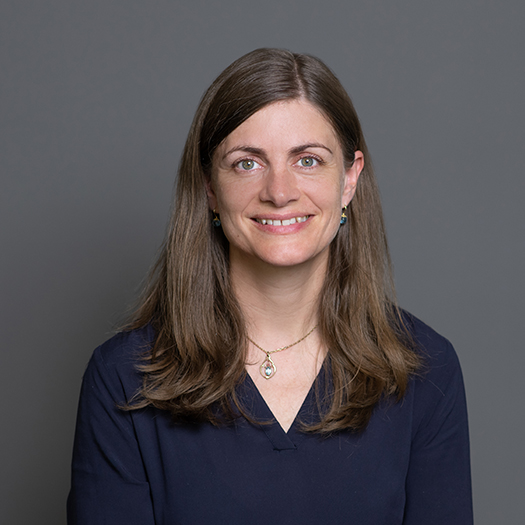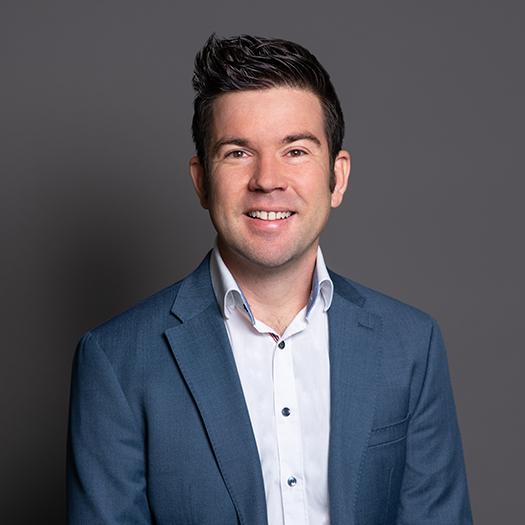
Workshop on Challenges and Opportunities for Low Carbon Mobility
WorkshopThe workshop brings together researchers and practitioners who are interested in and working on questions related to low carbon mobility and transportation. The transport sector is one of the very few sectors in which carbon emissions and local emissions are still rising in most countries. In addition to pollution, the transportation of people and goods causes a number of other externalities, such as noise, accidents and congestion. In a world with rising population and a growing demand for mobility, it will be of utmost importance to reduce these externalities through the use of traditional policy instruments and behavioral interventions. New technologies such as electric and self-driving vehicles might contribute to a transition from high-carbon, high-impact to low-carbon, low-impact mobility, but they also bring about a number of challenges. For example, autonomous vehicles might make transport safer and reduce the number of cars on the road while the number of miles driven increases. The purpose of this workshop is to provide a platform for cutting-edge research that enhances our understanding of how to steer the transition to low-carbon, low-impact mobility patterns.
The workshop will cover the following topics:
- The future of road transport: electric and self-driving vehicles and the sharing economy
- Voluntary approaches to reduce emissions: carbon offsetting, car- and ride-sharing and other mechanisms
- Congestion and air quality management
- Big Data in transportation
Highlights of the workshop include keynote presentations by Erik Verhoef (VU Amsterdam) and Mark Jacobsen (UC San Diego). The first day of the workshop will be centred on scientific presentations. The second day will feature presentations and panel discussions by researchers and stakeholders from, among others, the car industry, car-sharing companies, ministries and public authorities.
The workshop is part of the BMBF project “Carbon Neutral Courier Services” (CO2URIER) focusing on concrete sustainability improvements in the courier service industry by creating more environmentally-friendly services in collaboration between Polish and German partners, and at the same time providing future improvement within this growing branch. The project is funded by the German Federal Ministry of Education and Research (BMBF) and the Polish National Centre for Research and Development (NCRD).
People





